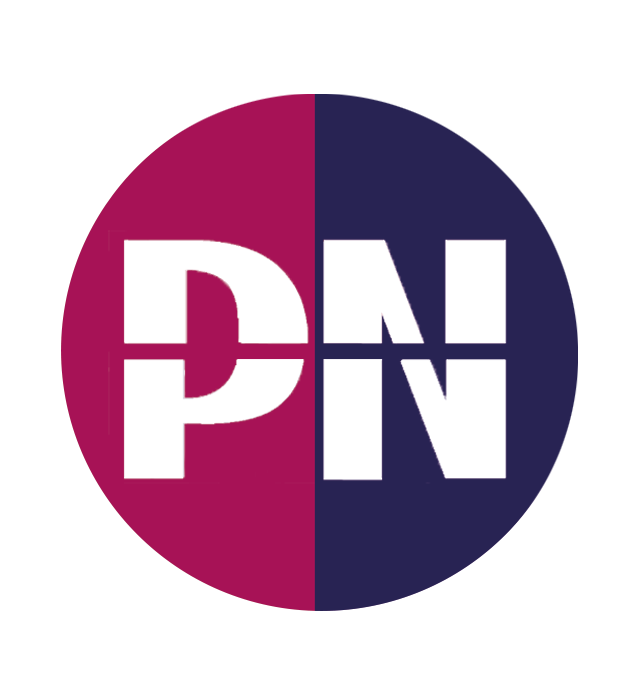Interpreters can open the door to better communication; across language divides and for those of us with hearing or vision loss.
But in the course of doing their job, professional interpreters have to work in different physical or virtual environments and have in-depth understanding of specialized subjects. This is in addition to being able to interpret between languages, in real-time.
You’ll find our interpreters engaged across both commercial and public sectors, with specialisms such as these being regularly supported:
- Event & Conference Interpreting
- In-person interpreting
- British Sign Language Interpreting
- Telephone and video interpreting
Across this series you will learn about the equipment needed for:
- Event interpreting equipment
- In-Person Interpreting equipment
- British Sign Language equipment
- Language and video equipment
Providing effective interpreting support means creating the perfect environment with the right equipment.
It can be a little more complex than might be imagined!

Starting with equipment for…
Event & Conference Interpreting
Events & Conferences can present some unique challenges and close liaison with your interpreting team is needed in order to guarantee a successful outcome. Here are some pointers:
- At an early stage a schedule of activities for the event helps your interpreting team plan the resources that you’ll need
- You may need to arrange site visits to establish where interpreter booths can be situated – booths are big, but are essential
- Consider the logistics for transporting, setting up and breaking down equipment.
- The type of sound system needed (headsets & microphones) will need to be specified
- If you plan a tour as part of your event, you’ll need the right hardware (tour guide headsets and microphones) to enable interpreting to continue while you are on the move
- Engage with your interpreting team early in the planning process. Give them reference materials and the presentations that you plan to deliver.
- Your interpreters may need to travel and sometimes will need local accommodation. This can add to your budget.
In conclusion, successful events and conferences hinge on meticulous planning and effective collaboration with your interpreting team. Start by outlining a detailed schedule early on, allowing your interpreters to allocate the necessary resources well in advance. Venue reconnaissance is crucial to determine the optimal placement for interpreter booths, which, despite their size, are indispensable for seamless communication. Handling the logistics of transporting, setting up, and dismantling interpreting equipment is another vital aspect that requires careful consideration.
With over 30 years of supporting conferences and events being held at local and international venues, including on board ship, we can help you plan and fulfill your interpreting support needs, both for spoken languages and British Sign Language.
Read about how we supported Open City with our Conference and Event interpreting services: https://www.prestigenetwork.com/case-studies/open-city/




